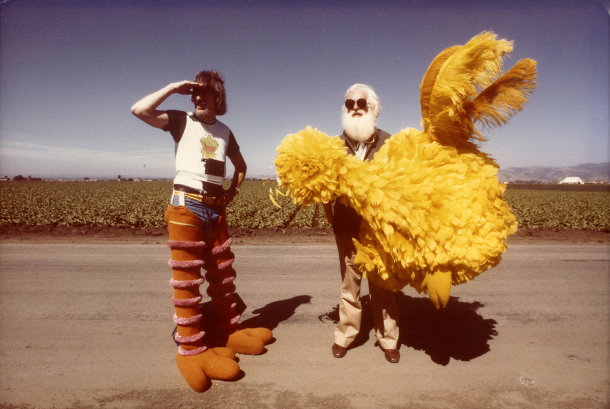La Notte follows a married couple through the day and the night that they finally realized that their love was dead. The day starts with the confrontation of mortality as they visit a dying friend in the hospital. This visitation fuels realizations in the wife and adds kindling to old fires that had long since died. She can see clearly for the first time the emptiness of their lifestyle and the complete disappearance of the love that had slowly eroded over the course of many years and many champagne soaked book release parties. She spends the rest of the evening in an isolated soul search seeking out the old haunts where love used to be tangible and in the pursuit of some sort of stimulation that might rekindle the dead passion in their lives. The passion had already been dead for a long time, she just finally came to the penultimate realization.
Michelangelo Antonioni’s films should not be considered boring diatribes on the ennui of the alienated bourgeoisie. His themes are universal to the human experience. The unfair perceptions stem from those that are unwilling to absorb the subtext and see themselves on the screen. You don’t have to belong to the social elite to have these feelings as we have just as many problems talking to each other in the middle class. The upper class might use more expensive booze to act as a social lubricant, but feelings of inadequacy and existential boredom ring just as true for those drinking champagne as those drinking cheap beer. It isn’t Antonioni’s fault that you can’t sit still long enough to see the universal truths that are more than likely applicable to your own existence. We all have communication problems and we will always have communication problems because there is no form of communication that can completely convey the minute complexities of our thoughts and emotions.
I suppose pacing may contribute to these misplaced criticisms. It isn’t as though Antonioni completely ditches the concept of filmic time, it just takes a little bit longer to convey elements of the human condition at the root of interpersonal alienation than it does to tell a three act story. His films often consist of lengthy silences and meandering visuals that don’t drive any sort of narrative. Day to day life almost entirely consists of lengthy silences, meandering visuals, and a complete absence of plot. There are only a few exceptions that probably constitute a few hundred reels in the 3, 712,647 reels that make up the average human life.
[notification type=”star”]95/100 - I suppose pacing may contribute to these misplaced criticisms. It isn’t as though Antonioni completely ditches the concept of filmic time, it just takes a little bit longer to convey elements of the human condition at the root of interpersonal alienation than it does to tell a three act story. [/notification]




